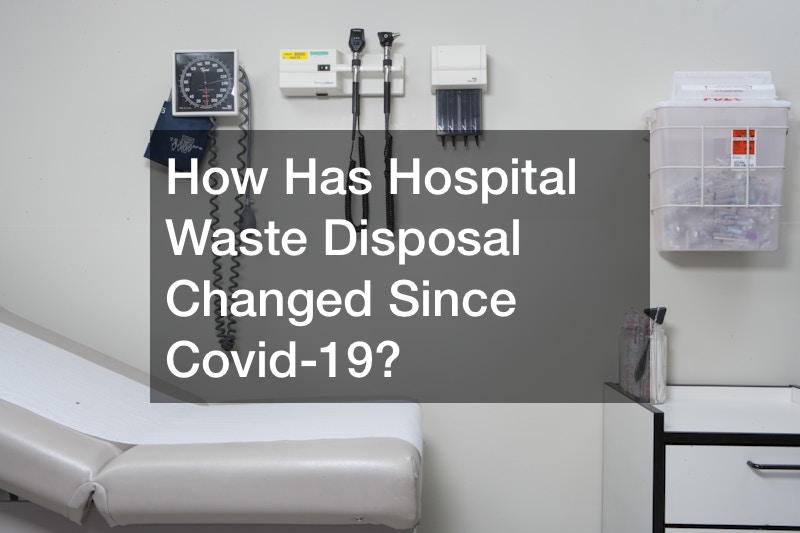
The Covid-19 pandemic brought about crucial changes in hospital waste disposal services, impacting the handling of healthcare waste, bio waste, and biomedical waste. These shifts were driven by the need to manage the surge in medical waste generated during the pandemic and to enhance infection control measures. Here are some of the changes:
- At the onset of Covid-19, hospital waste disposal solutions now emphasize stringent safety measures and protocols. Healthcare facilities have adopted improved waste segregation methods, ensuring proper separation of infectious materials from non-infectious waste to minimize contamination risks.
- The pandemic led to a substantial increase in medical waste generation, primarily due to personal protective equipment (PPE), disposable medical items, and increased hospitalization rates. Hospital waste disposal services had to upscale their capacity to handle these higher volumes effectively.
- Post Covid-19, there has been a growing emphasis on adopting environmentally-friendly waste disposal techniques. Hospitals are investing in advanced waste treatment technologies to reduce the environmental impact.
- Telemedicine and E-waste concerns for the increased adoption of telemedicine during the pandemic have caused a rise in electronic medical waste. Hospitals are implementing proper e-waste management strategies to handle discarded electronic devices safely.
- Collaboration with waste management firms in post-pandemic hospitals are more likely to collaborate with specialized waste management firms that have expertise in healthcare waste disposal. This allows hospitals to streamline their waste disposal processes and focus on their core healthcare responsibilities.
.



